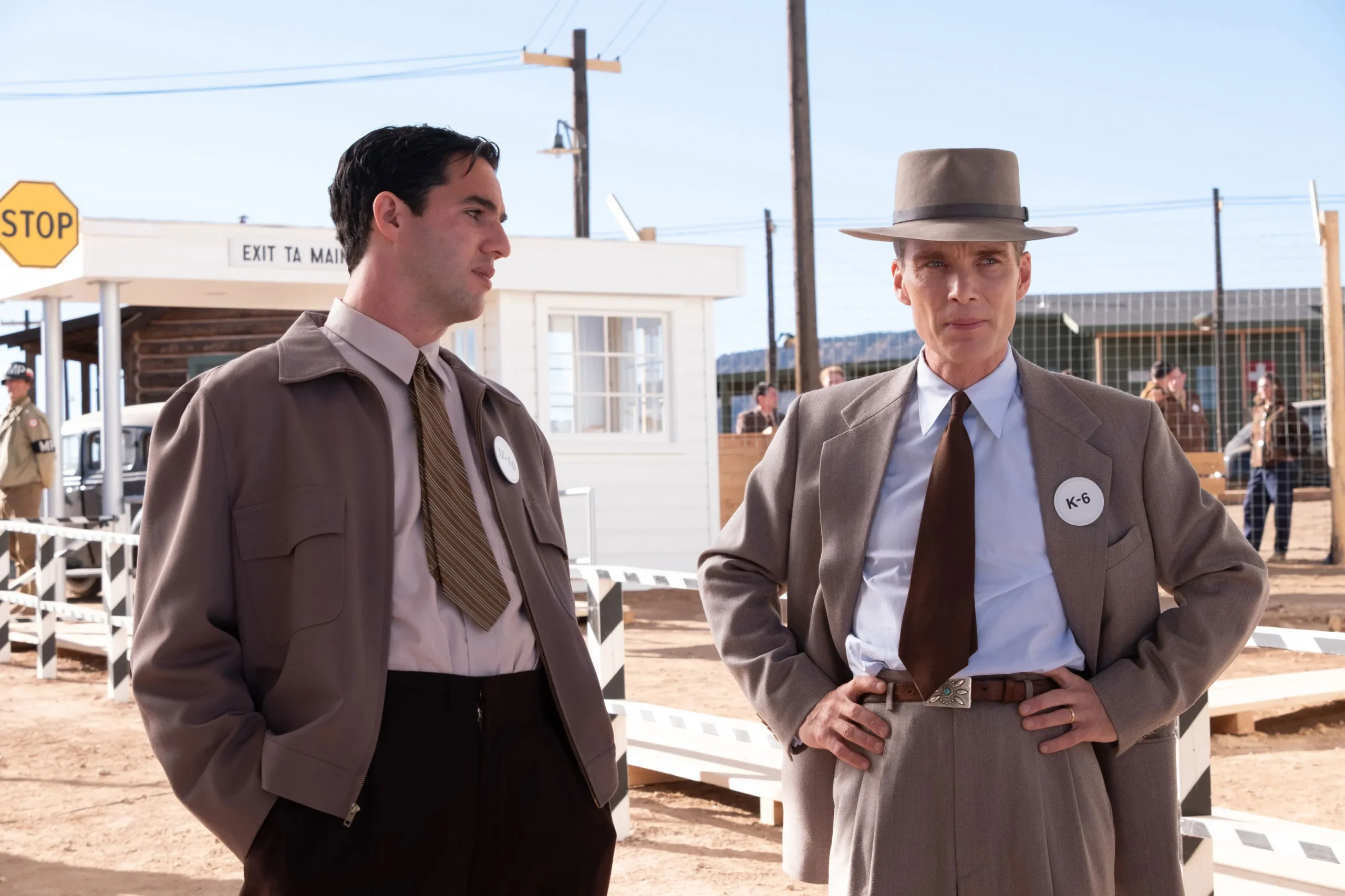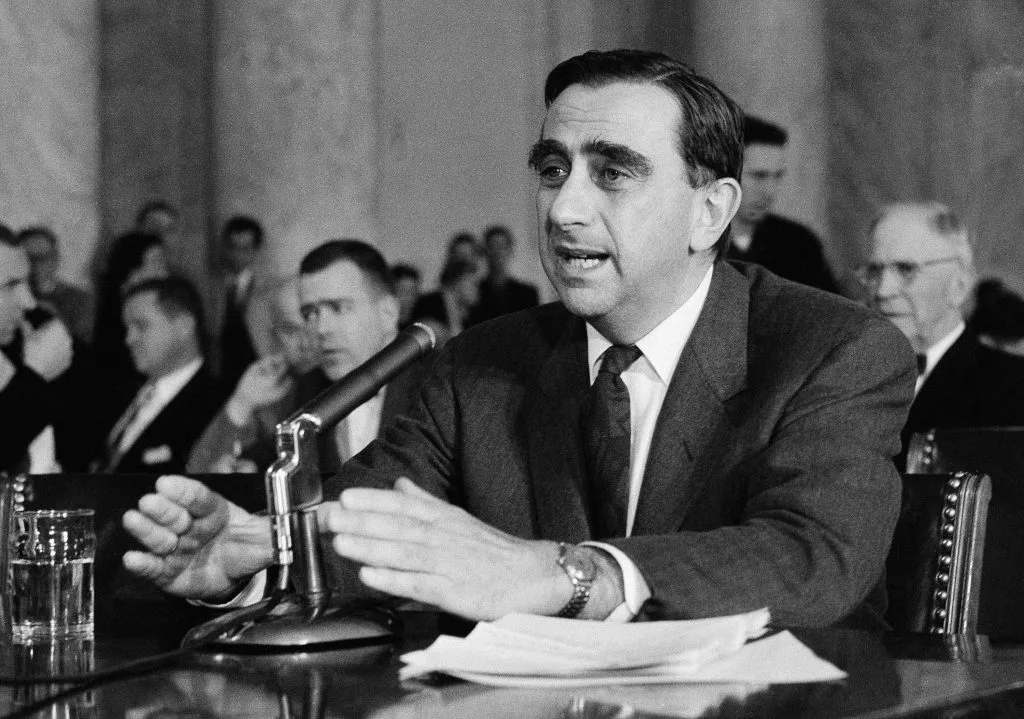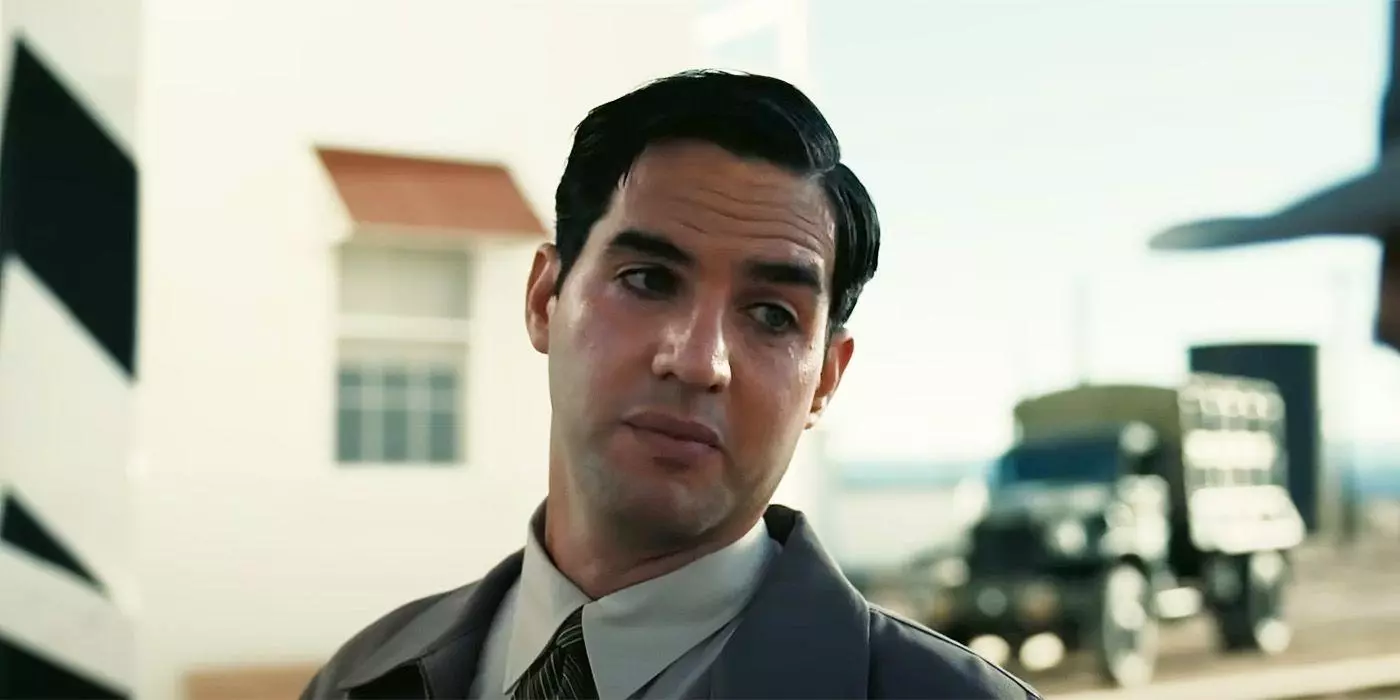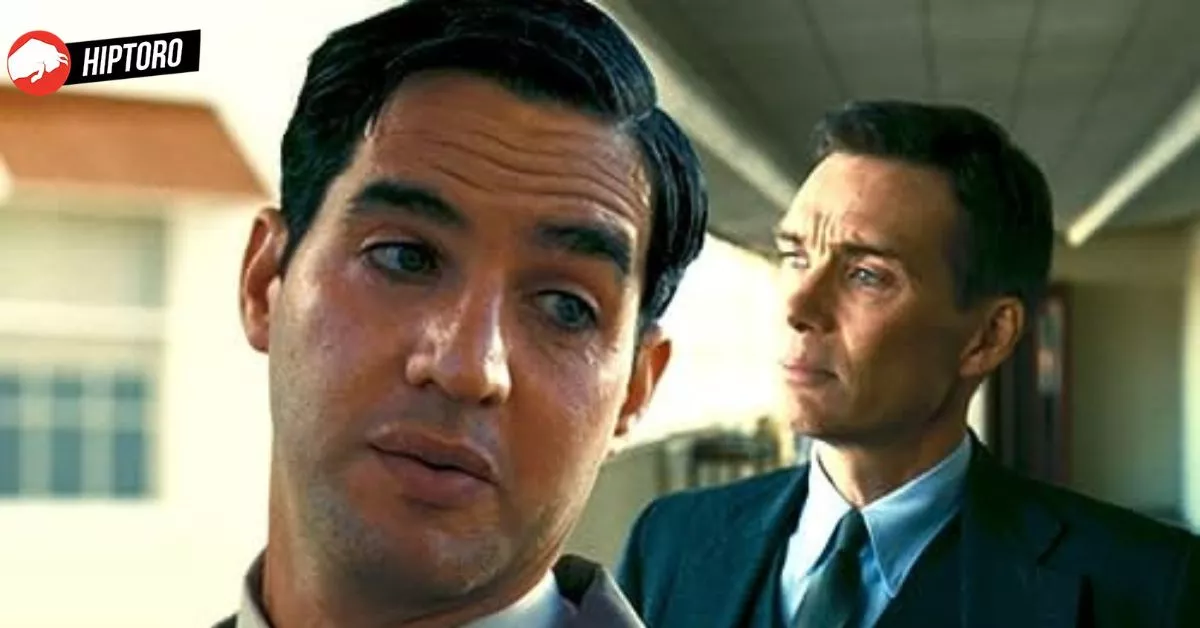Edward Teller and J. Robert Oppenheimer, two of the most influential physicists in the 20th century, shared a complex relationship that was marked by professional rivalry, ideological differences, and personal disdain. The two started their relationship on a friendly note but what went wrong between them?
The Early Relationship between Teller and Oppenheimer
The early relationship between Edward Teller and J. Robert Oppenheimer is one marked by both camaraderie and conflict. As fellow physicists, they shared a mutual respect for each other’s intellect and capability. However, the differences in their approaches to leadership and management soon began to strain their association.
It all started in the 1930s when Teller and Oppenheimer first met at the University of California, Berkeley. Teller, a young Hungarian physicist, was deeply impressed by Oppenheimer’s brilliant mind and magnetic personality. This admiration was mutual, as Oppenheimer saw in Teller a physicist of exceptional talent and potential.

However, as they began to work together, Edward Teller’s opinion of Oppenheimer began to change. Teller favoured a more radical approach to physics and was often frustrated by Oppenheimer’s cautious and meticulous methodology. This difference in style was one of the first fractures in their relationship.
Another source of tension was Oppenheimer’s leadership style during the Manhattan Project. As the director of the project, Oppenheimer was responsible for overseeing the development of the world’s first atomic bomb. Teller, on the other hand, was one of the many scientists working under Oppenheimer’s supervision.
Oppenheimer’s management of the project was pragmatic and efficient, but Teller felt that his creative input was often overlooked. He also disagreed with Oppenheimer’s decision not to develop the hydrogen bomb. This disagreement further strained their relationship, setting the stage for their eventual fallout.
In essence, the early relationship between Teller and Oppenheimer was a complex interplay of respect and resentment. While they admired each other’s intellect, their clashing methodologies and differing opinions on major decisions led to a gulf that was difficult to bridge.
Edward Teller’s Criticism of Oppenheimer
Edward Teller, often recognized as the father of the hydrogen bomb, had a complex relationship with J. Robert Oppenheimer, the director of the Manhattan Project. Their interactions during this monumental scientific endeavour were marked by tension and conflict, mainly stemming from Teller’s dissatisfaction with Oppenheimer’s management style.

Oppenheimer, a brilliant physicist, was known for his administrative acumen. However, Edward Teller believed that Oppenheimer’s approach to leadership was overly authoritative and stifling to the creative process. He criticized Oppenheimer for establishing a hierarchy in which only select individuals could contribute ideas, thereby limiting the project’s potential for scientific innovation. Teller felt that this approach stifled the collaborative spirit necessary for groundbreaking discoveries.
“In science, each of us knows that what he has accomplished will be outdated in ten, twenty, fifty years. That is the fate to which science is subjected; it is the very meaning of scientific work. So it is not on his achievement that a man of science will ever feel he can rest. If he has any sense of responsibility, it is to the promise of his work.” – Edward Teller
Additionally, Edward Teller took issue with the decision-making structure within the Manhattan Project. He felt that Oppenheimer was making unilateral decisions without consulting the rest of the team. The secrecy and lack of transparency, in Teller’s view, undermined the sense of collective responsibility and the moral implications of their work.

Moreover, Teller and Oppenheimer had fundamentally different views on the ultimate goal of the Manhattan Project. While Oppenheimer focused on the development of the atomic bomb as the project’s primary objective, Teller had a broader perspective. He believed in exploring the potential for thermonuclear reactions, a vision that he felt was sidelined by Oppenheimer’s single-minded focus.
Despite criticisms, remember Oppenheimer’s enormous challenge managing the Manhattan Project. The project’s size, complexity, and pressure for results required strong leadership. However, the conflict with Teller highlights the difficulties in leading large scientific projects and balancing individual creativity with team effort.









